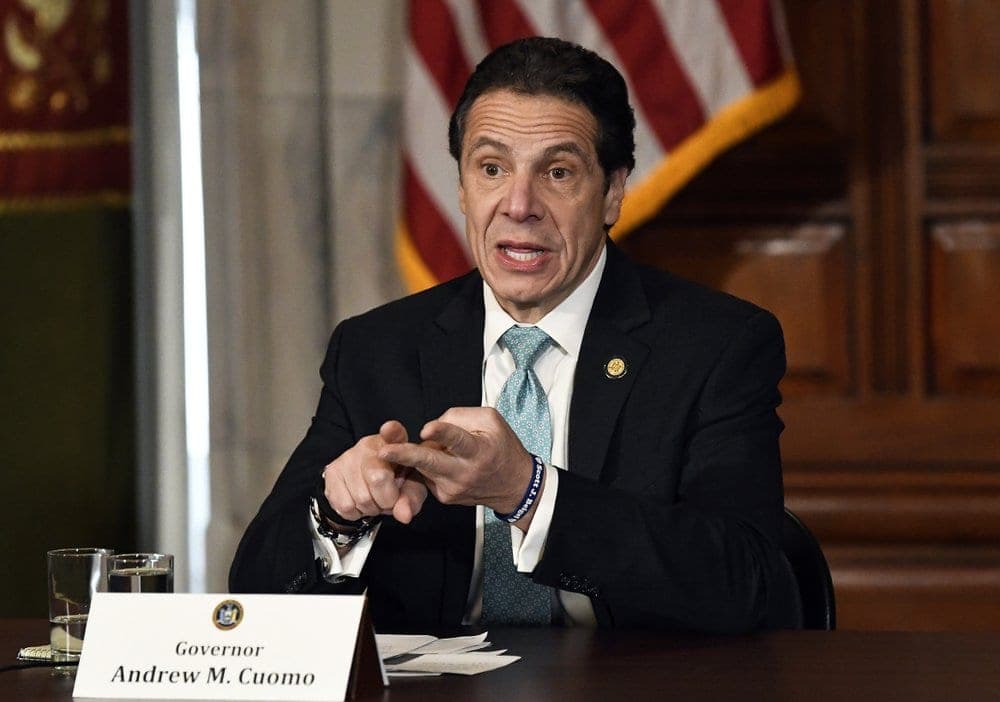NEW YORK – New York state legislators on Monday passed the Child Victims Act. The new measure extends the period of time in which both civil suits and criminal charges can be brought in cases of child abuse. Gov. Andrew Cuomo has said he will sign the act into law in the coming days.
The act, versions which had been passed by the state assembly six times over the last twelve years, was given approval by the state senate for the first time on Jan. 28, passing 63-0.
The act allows for victims of child abuse to bring civil charges against their abuser until the age of 55, previously this had been 23. Criminal prosecutions can be brought up to the age of 28.
The act also creates a one-year window for victims of any age to come forward.
Previous versions of the bill drew a distinction between private and public institutions, broadening the scope for the law for the former but shielding the latter. The most recent version eliminated this disparity, allowing lawsuits to be filed for allegations of abuse in public schools.
The bishops of New York issued a joint statement in response to the bill.
“We pray that the passage of the Child Victims Act brings some measure of healing to all survivors by offering them a path of recourse and reconciliation,” the bishops wrote.
“The legislation now recognizes that child sexual abuse is an evil not just limited to one institution, but a tragic societal ill that must be addressed in every place where it exists.”
Director of the New York Catholic Conference, Dennis Poust, told CNA that the conference supported the changes and had not opposed the final version of the act.
“For years, we have advocated against treating abuse survivors differently depending on where they were abused,” he said.
Although the NY Catholic Conference did not oppose the bill, New York governor Andrew Cuomo, who had previously told state legislators he “stood with Pope Francis” in supporting the bill, used its passage to take aim at the state’s bishops.
On Monday he told WAMC radio in Albany that the bishops of the state were an obstacle to bringing justice for abuse victims.
“I think the bishops have worked to protect the church over doing justice,” he said. “They compounded the problem by covering it up and not taking responsibility . . . I don’t think I’m against the Catholic Church. I think the bishops may have a different position than the pope, and I’m with the pope.”
In response, Cardinal Timothy Dolan of New York told the television show Fox & Friends that “we have a governor that takes quotes from Pope Francis out of context to draw lines between bishops of New York and the Holy Father himself.”
Poust told CNA he was “puzzled” by the Cuomo’s comments.
“Previous versions of the bill sought to shield public institutions, which would have treated abuse survivors differently depending on where they suffered their abuse. Thankfully, the bill’s sponsors amended this, and the conference dropped any opposition to its passage,” Poust said.
“Why the governor has doubled, or even tripled down on his criticisms of the Church in recent days I couldn’t say for sure, though I would note he shared our reservations on previous versions of the bill until recently.”
“In the wake of recent abortion legislation, the governor seems to think the Church is a useful common enemy to have with some legislators.”
The bishops’ statement said that “sadly, we in the Church know all too well the devastating toll of abuse on survivors, their families, and the extended community. Every Catholic diocese in New York has taken important steps to support survivors of child sexual abuse, including the implementation of reconciliation and compensation programs.”
“We are proud that these pioneering programs have not only helped well more than a thousand survivors of clergy abuse in New York, but have also become a model for how to help survivors in other states and in other institutions,” the bishops wrote.
Poust told CNA that “it’s truly unfortunate that Gov. Cuomo continues to portray the social issue of child sexual abuse as a Catholic-only problem. Thankfully, the legislature and victim advocates understand this is not the case.”











